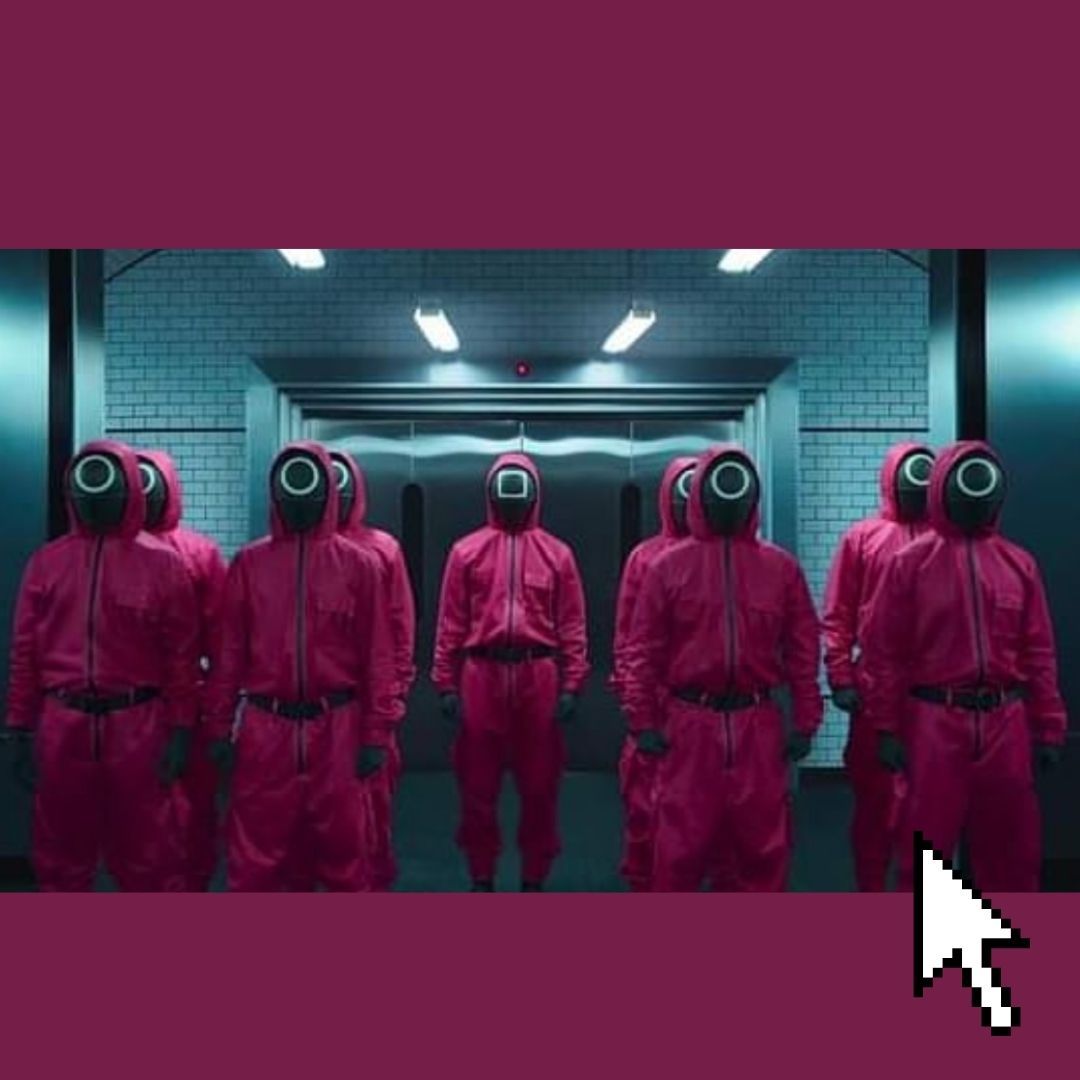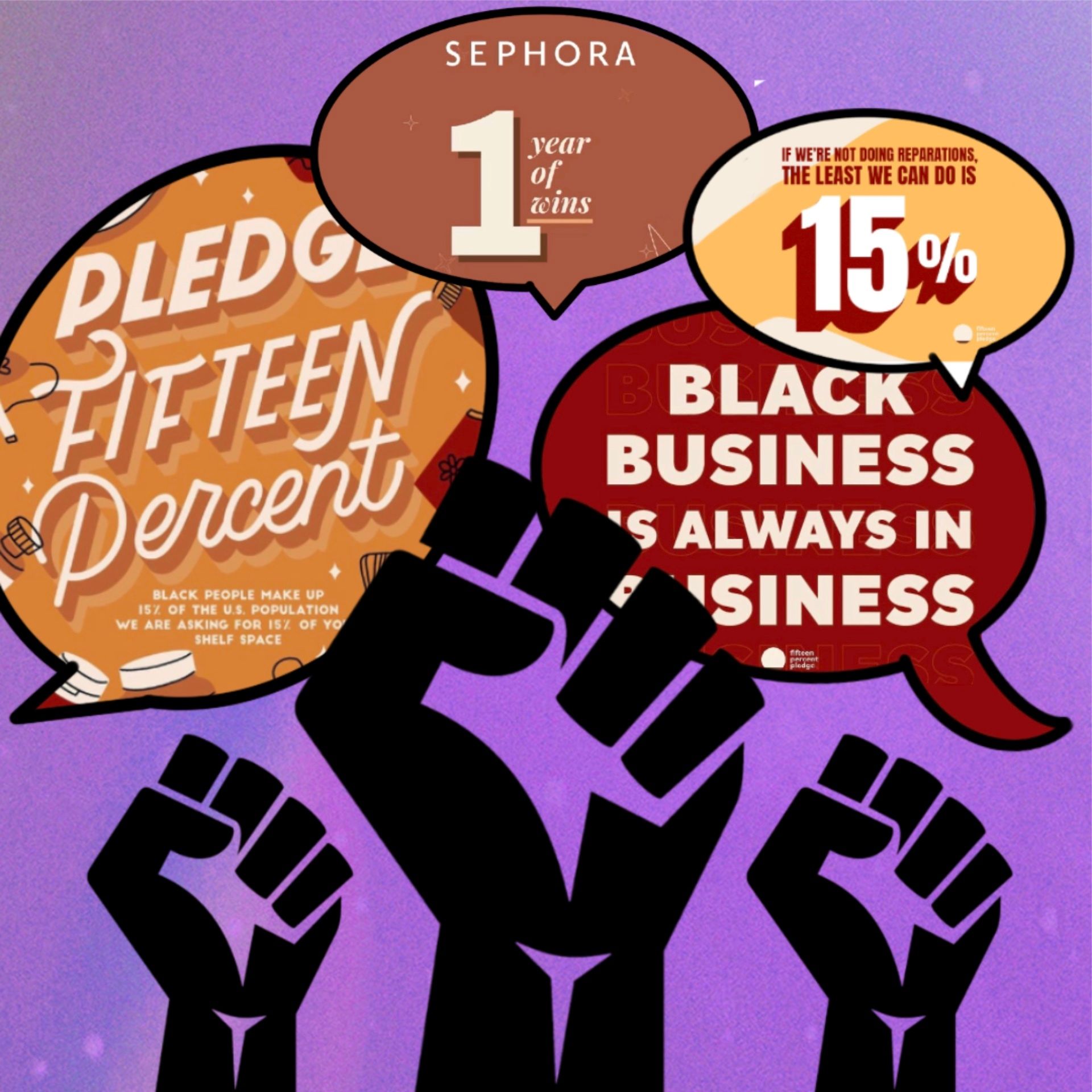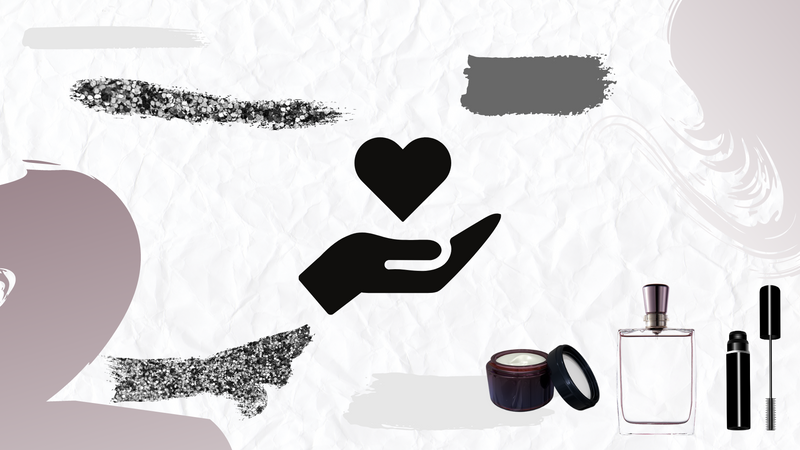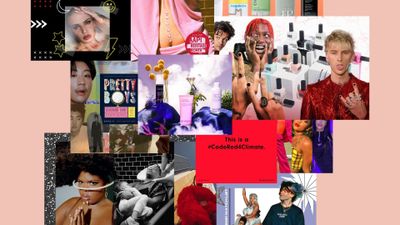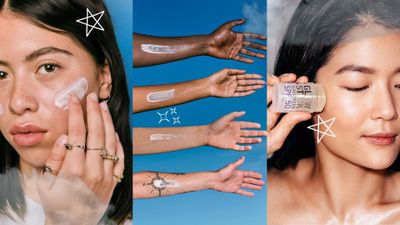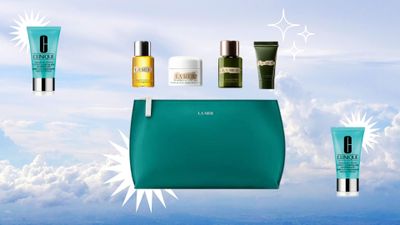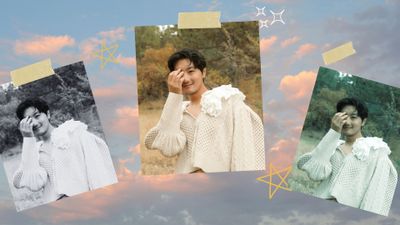I’m a creature of habit.
I wear the same three sweatshirts on rotation every week, and I use the same makeup and skincare products every day, without budging. I know what I like, and more importantly, what just isn’t going to work in my routine.
And just like the chair in your room that always seems to have a pile of clothes on it, everyone has that drawer of cosmetic products that got booted from their everyday makeup bag.
Though you may not realize, there are many options for these misfit products. But unfortunately, the one that happens to be most common, yet most ineffective, is the garbage can. Depending on the use, the type, and the state of your unwanted beauty products, you have options that are less wasteful and can even have a more positive impact.
SEE ALSO: 7 sustainable beauty brands by Latinx entrepreneurs
Project Beauty Share
In an effort to learn more about beauty donation services, I sat down with Julie Farley, the creator, and founder of Project Beauty Share. Project Beauty Share provides personal hygiene, cosmetics, and beauty products to non-profit organizations who serve women and families overcoming abuse, addiction, homelessness, and poverty to help restore hope and dignity in their lives.
Julie created Project Beauty Share to provide makeup and hygiene products to women who struggle to achieve—and maintain—dignity and stability in their lives.
“We’re like a food bank for beauty and hygiene products,” Julie said. The organization started by forming collection sites locally, where they headquarter in Spokane, Washington, at hair salons, businesses, places where women would frequent. Now, they get products donated from all over the world.
Project Beauty Share is the only organization in the country that collects gently-used products. They collect from a combination of shipped products and drop-off sites. The program is not a direct service, so they act as a collection and distribution center to specific nonprofit shelters and agencies. Julie said that she feels this serves more women and families than directly serving the product.
Because they are based in Spokane, Washington, Julie suggested that if someone were trying to ship unwanted products from the East Coast for example, it may be more efficient and sustainable to donate to a homeless shelter rather than shipping across the country.
For products that are over 3/4 used, or intimate, such as eye and lip products, or tubs of cream that you dip your fingers into, Julie suggests checking with your local shelter to see if they accept such items. Or if worse comes to worst, even giving the product to a family member or friend is better than throwing it in a landfill.
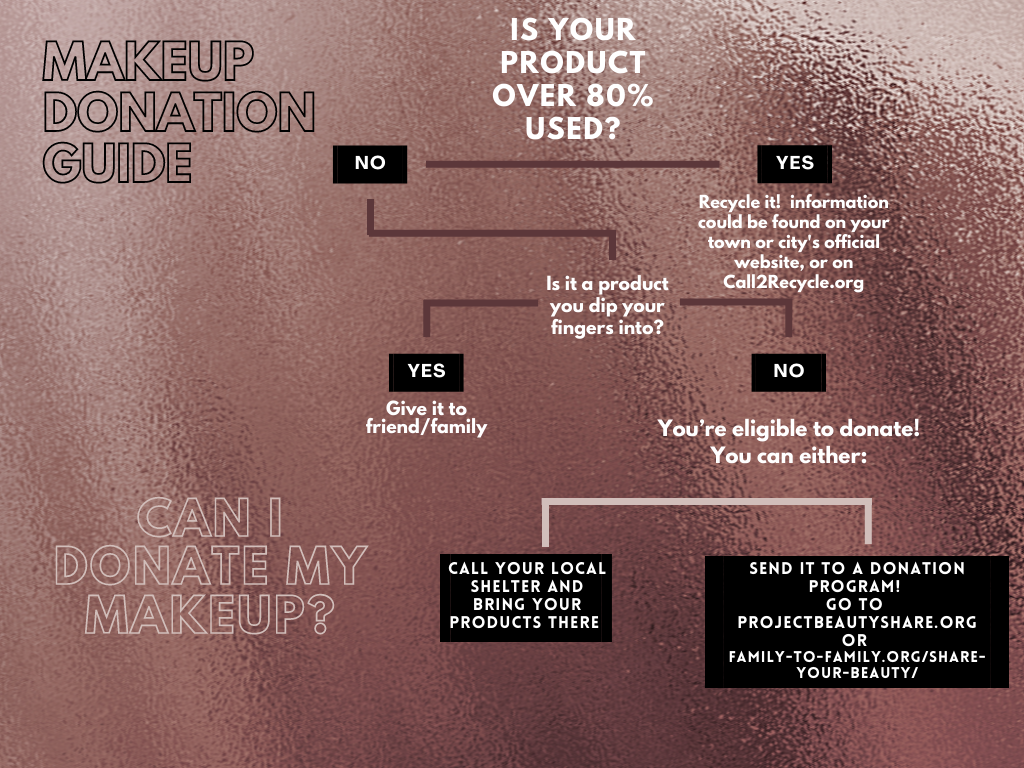
Julie said that they receive a lot of donated products from beauty subscription boxes. I know I have dozens of sample size face masks that I’ve never even opened. Another significant portion of Project Beauty Share is their donation of hygiene products rather than makeup and beauty. Julie told me that the United States is currently facing a crisis in this department, as homeless communities are unable to use food stamps to purchase products like soap, tampons and pads, and hand sanitizer.
During the ongoing pandemic, Project Beauty Share is primarily accepting hygiene products in an attempt to keep families safe and assist with necessities during an even harder time. To Julie’s surprise, women are asking when the makeup will come back.
“It doesn’t matter if it’s a bar of soap or hand lotion, that lipstick is equally as important,” said Julie.
Share Your Beauty
Another donation program is Share Your Beauty, an extension of Family-to-Family, a nonprofit hunger and poverty relief organization dedicated to providing food, personal hygiene products, and other basic life essentials to American families.
The Share Your Beauty program states on their website, “With the goal of putting a bit of sparkle and dignity back into the lives of women and teens in crisis, the Share Your Beauty program taps into the huge surplus of beauty products generated by the beauty industry, by collecting unused products and delivering them to organizations serving women in crisis.”
Share Your Beauty, unlike Julie’s foundation, only accepts new and unopened hair and skincare products, and personal care items.
The Family-to-Family program found that they can contribute the most success in donations when they partner with beauty bloggers and brands that have excess products to donate, according to Pam Koner of Share Your Beauty.
“It’s more efficient for us to work with the volume they can provide,” said Pam. Additionally, during the COVID-19 crisis, Share Your Beauty has paused their public donation and are only accepting from brands.
The program began with the hopes of providing women in homeless shelters with beauty products for Mother’s Day. Since its creation a few years ago, Share Your Beauty prides itself on more than 177,000 beauty products donated (and counting). They organize “Share Your Beauty” product drives and giving events in the New York City area.
“The idea behind the effort is to encourage a more sustainable beauty product industry while helping women who are homeless or victims of domestic violence to feel their best.”
Pam said that the impact Share Your Beauty has on thousands of women gives her the feeling of pure joy. “Personal care promotes self-value and self-care – we know from our partners that receive the items from us to give out that the recipients are so grateful and feel so uplifted when they can take the focus off of the hardships they live with day to day.”
Project Beauty Share and Share Your Beauty are just two examples of founded programs created with the intent of donating unwanted or unneeded beauty and skincare products. Additional programs that will take the items off your hands through donation or smart recycling are TerraCycle and Beauty Bus.
“It’s all about dignity, hope, and self-confidence…To me, makeup is medicine. When I have my game face on, I feel so much better,” said Julie. “Just that one little piece of makeup that these women would have never been able to afford, we take for granted so much of this. Some of these women haven’t been able to afford makeup for years. It’s like a lightbulb has gone off, they just feel so different and beautiful.”
Each year, Project Beauty Share organizes a holiday gift bag program, where they partner with participating shelters and send the product bags there for pickup. Julie shared a story with me about someone slowly and timidly browsing the bags before finally asking if it were possible for them to take a gift bag home to their wife. They told the agency that it would make them feel so proud to have a gift to give to her on Christmas morning.
I was curious, so I checked in with my local shelter and sure enough, they are always collecting makeup and skincare products. Share Your Beauty and Project Beauty Share are two examples of nationwide donation systems, but sometimes, the easiest and smartest option may be right around the block!
At the end of the day, or should I say, at the end of your Spring cleaning this year, all I ask is to think twice before you toss your products in the trash bin.
READ MORE LIKE THIS

